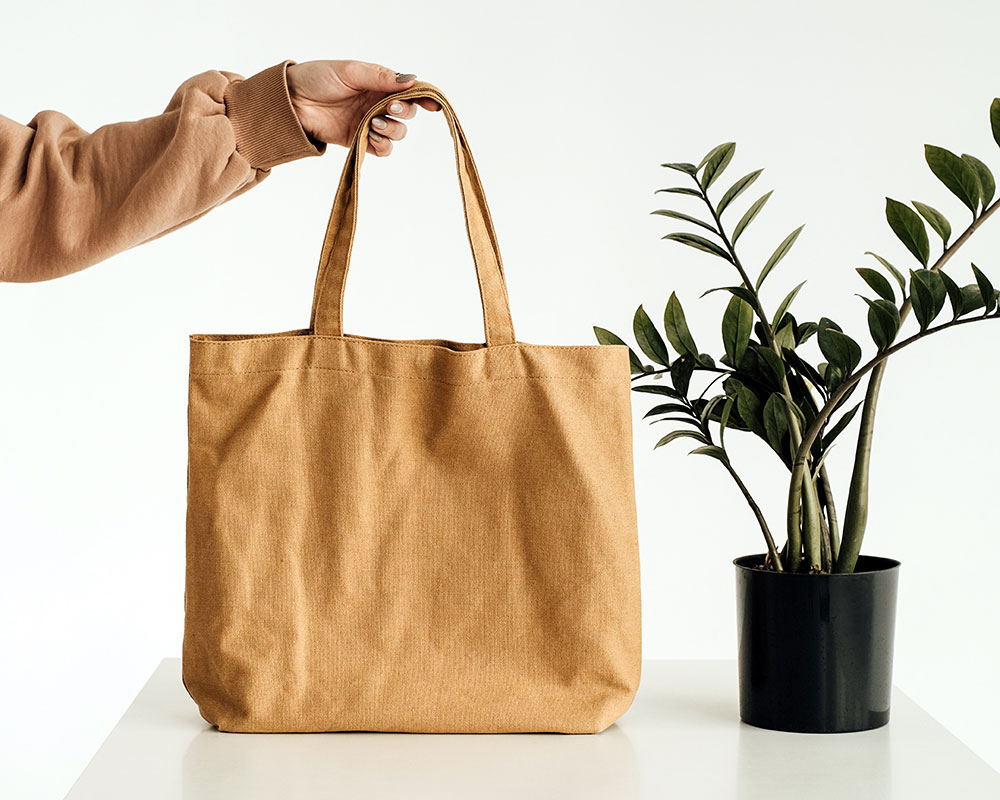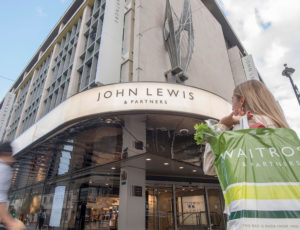
The ‘Our Plan for Change’ report published by Deloitte in partnership with World Retail Congress has ‘taken the temperature’ of consumers in 21 countries around the world. And findings show that the pandemic has led to a sharp shift in how people are choosing to spend their time.
The retail sector has made enormous strides in reshaping, refocusing and resetting itself in the past year amid increasing changes in consumer behaviour, a study finds. However, the industry needs to do more to ensure it is responding to new working patterns and the post-pandemic priorities of its customers.
The report, based on 21,000 respondents, found that almost half (44%) felt that they have become more focused on personal changes in the past year. Plus, 36% of consumers note that they are prioritising wellbeing, mental health and happiness and pursuing a better quality of life. This trend, signalling some discontent, hints at a bigger, more global reset, says the report.
Improving work-life balance is heavily influencing consumers’ decisions as they rethink how to allocate their time.
In comparison to last year, the number of consumers who feel they are finding more time to enjoy today (34%) significantly outnumbered those who feel they are working harder to get ahead (22%). There is also evidence consumers are less focused on financial rewards; 28% of respondents are prioritising a more purposeful goal compared to 18% focused on earning more.
Such findings illustrate a significant shift in daily life, from where to how people shop for products. This is forcing retailers to think again about how they can better serve consumers to whom time has never been more precious.
As the retail industry continues to adapt to an omnichannel and frictionless experience, retailers should prioritise the digitization and innovation around customer engagement ‘in ways never imagined’, according to the report. The report also highlights the need for retailers to respond to changing attitudes to work and prevent the ‘Great Resignation’ trend from leaving the industry short of talent.
Furthermore, the report reveals that whilst there has been some drift back to offices, people are still working an average of almost three days a week from home. Plus, in every country polled, people would increase that proportion if they could. This not only presents retailers with a challenge of switching supply, with demand shifting to more local centres, but also requires new strategies to hold on to workers.
Sustainability continues to be front of mind for consumers.
Three in five consumers (60%) have changed at least one aspect of their behaviour to help address climate change. And almost the same number has purchased a sustainable good or service in the past month. With consumers prioritising time, retailers need to make sustainable choices easier for consumers, according to the report. The report also shows that retailers need to respond and cater to consumers that are more aware of the value of time; from where they spend it, to what they spend it on.
To download the full report, please click here.









